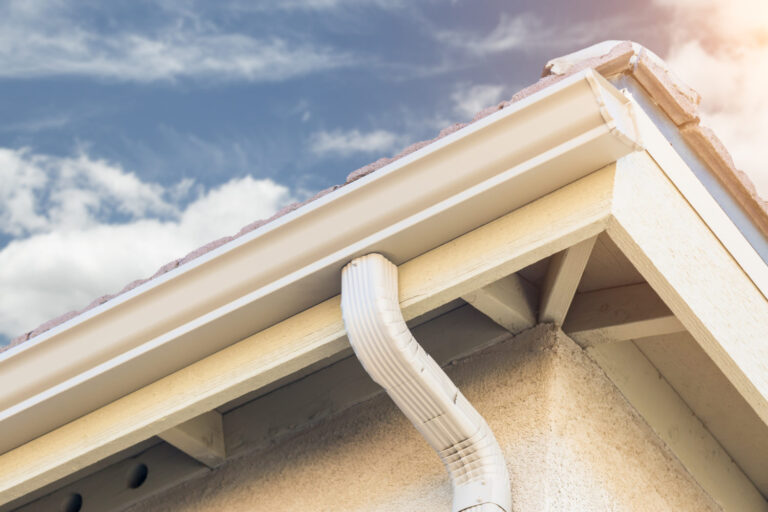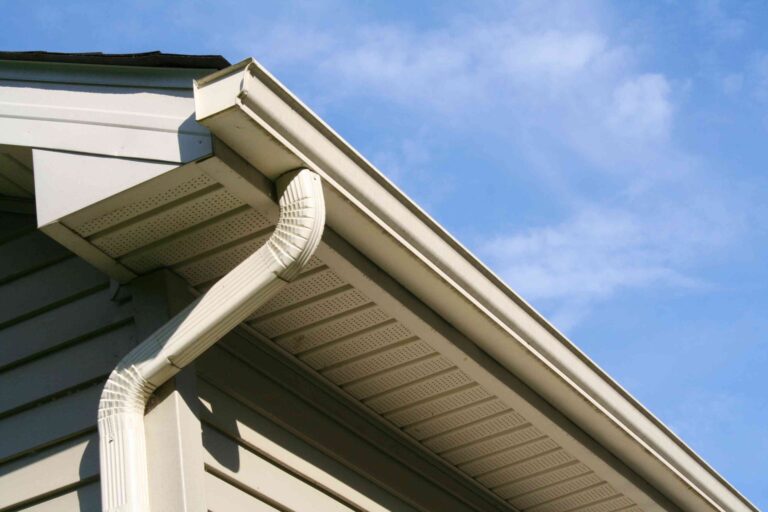Investing in a new roof is a significant commitment, and understanding the warranties that accompany this investment is crucial for protecting your home and finances. Roofing warranties can be complex, with various types offering different levels of coverage. This guide aims to clarify the common types of roofing warranties and their implications for homeowners.
1. Types of Roofing Warranties
Roofing warranties generally fall into three main categories:
- Manufacturer’s Material Warranty: This warranty covers defects in the roofing materials themselves. If the materials fail prematurely due to manufacturing defects, the manufacturer typically provides replacement materials. However, this warranty often does not cover labor costs for removal or installation of the defective materials. Standard material warranties can range from 10 to 50 years, depending on the product.
- Workmanship Warranty: Offered by the roofing contractor, this warranty covers errors in installation. If issues arise due to improper workmanship, the contractor is responsible for addressing them. The duration of workmanship warranties varies widely, from a few years to a lifetime, depending on the contractor’s policies.
- Extended Manufacturer’s Warranty: Some manufacturers offer extended warranties that cover both materials and workmanship, provided specific conditions are met, such as using a certified contractor and installing a complete roofing system with all components from the same manufacturer. These warranties often offer more comprehensive coverage and longer durations.
2. Key Considerations in Roofing Warranties
- Coverage Scope: Understand what each warranty covers and, importantly, what it excludes. For instance, material warranties typically do not cover issues arising from installation errors, while workmanship warranties do not cover material defects.
- Prorated vs. Non-Prorated: Some warranties are prorated, meaning coverage decreases over time. Non-prorated warranties maintain consistent coverage throughout their term.
- Transferability: If you plan to sell your home, a transferable warranty can be an attractive feature for potential buyers. Confirm whether your warranty can be transferred and if there are any associated fees or conditions.
- Maintenance Requirements: Many warranties require regular maintenance to remain valid. Neglecting routine inspections or failing to address minor issues promptly can void warranty coverage.
3. Common Exclusions and Limitations
Warranties often have exclusions, such as:
- Acts of Nature: Damage from severe weather events like hurricanes, tornadoes, or earthquakes may not be covered.
- Improper Maintenance: Failure to perform regular maintenance or unauthorized repairs can void warranties.
- Alterations: Modifications to the roof, such as installing satellite dishes or skylights, may void certain aspects of the warranty if not performed correctly.
4. Tips for Homeowners
- Document Everything: Keep detailed records of all inspections, maintenance, and repairs. This documentation can be vital if you need to file a warranty claim.
- Choose Reputable Professionals: Select experienced, certified contractors for installation and maintenance to ensure quality workmanship and adherence to warranty conditions.
- Read the Fine Print: Carefully review warranty documents to fully understand your coverage, obligations, and any actions that could void the warranty.
By familiarizing yourself with the types of roofing warranties and their specific terms, you can make informed decisions that protect your roofing investment and ensure long-term peace of mind.






